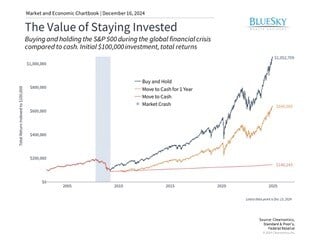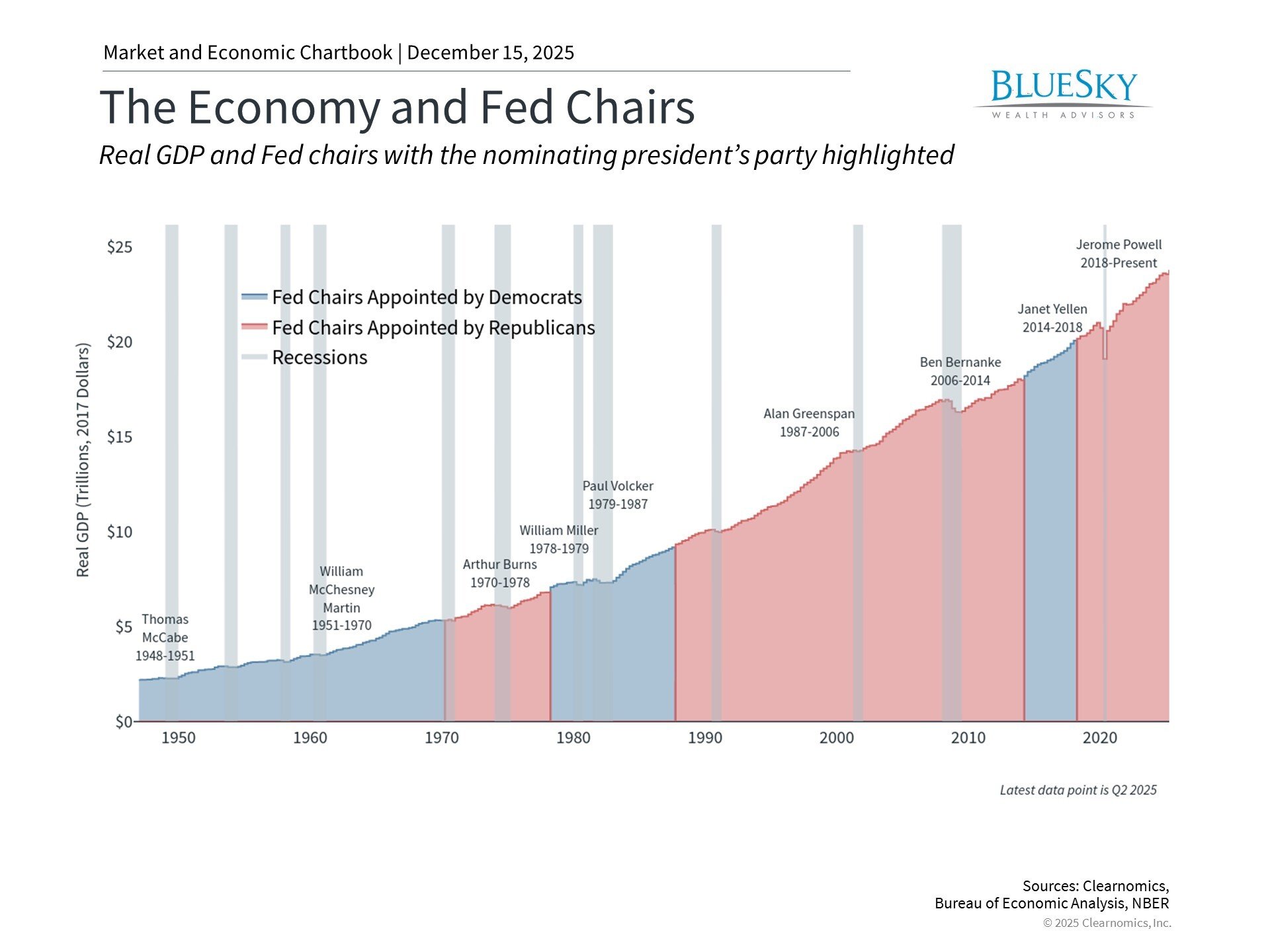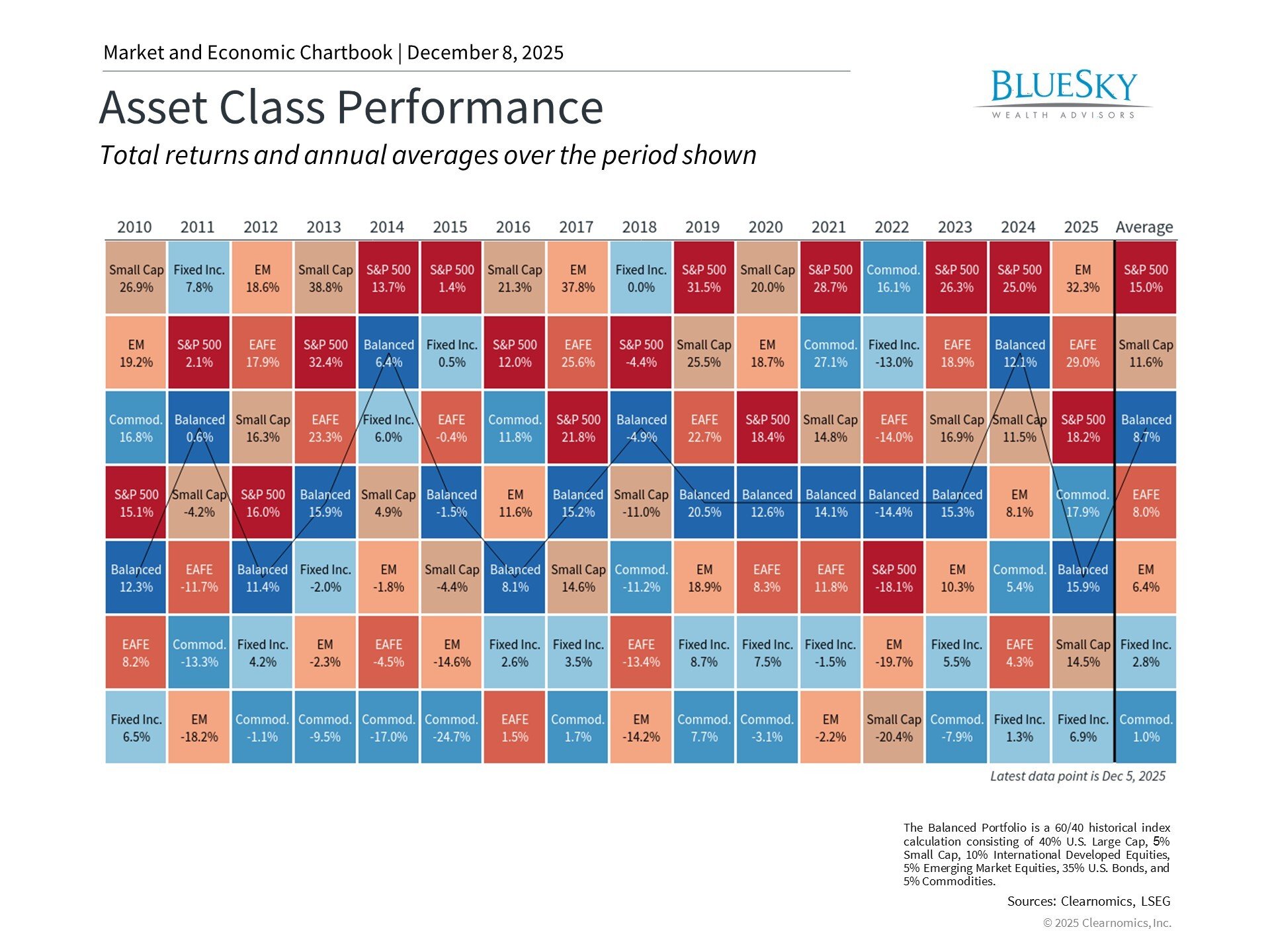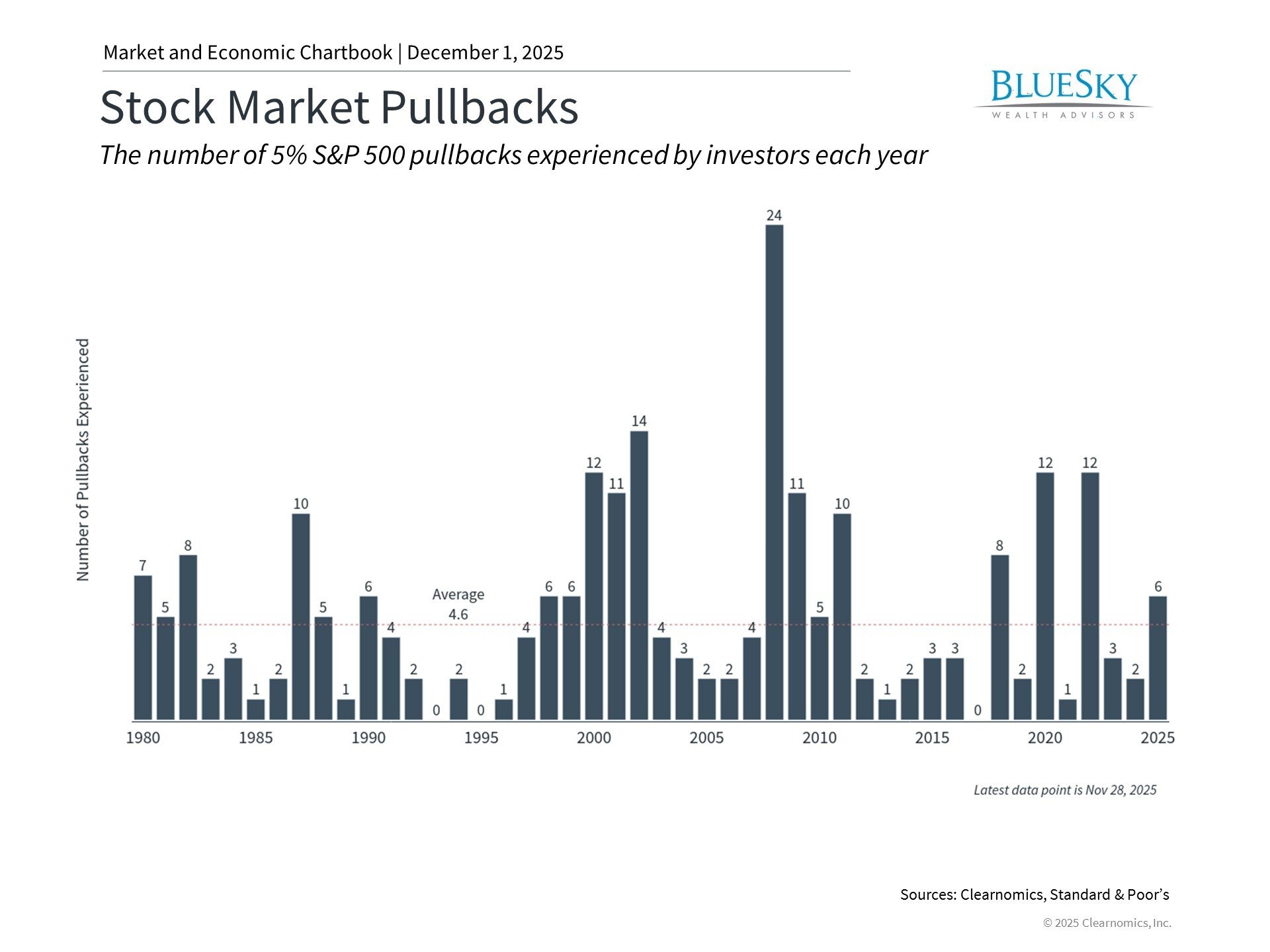
Understanding and Overcoming Common Investment Behavioral Biases
Understanding and Overcoming Common Investment Behavioral Biases

Investment success often hinges not just on market knowledge, but on understanding our own psychological tendencies. Research in behavioral finance has identified numerous cognitive and emotional patterns that can undermine investment performance. These mental shortcuts and biases frequently lead to suboptimal financial choices, from mistimed market exits to inadequate diversification.
As markets reach new heights in early 2025 following substantial gains, recognizing these behavioral tendencies becomes particularly crucial. By examining common psychological pitfalls, investors can develop strategies to make more rational, disciplined decisions that better serve their long-term interests.
Why recent performance can misguide investment decisions

One of the most prevalent behavioral challenges is recency bias - the tendency to overemphasize recent events when making decisions. The market's remarkable performance in 2024, delivering nearly 30% returns including dividends despite numerous headwinds, demonstrates why investors shouldn't let short-term concerns override long-term strategy. Markets proved resilient in the face of recession fears, monetary policy uncertainty, election anxiety, and global conflicts.
The 2008 financial crisis provides a compelling case study in the dangers of short-term thinking. Investors who abandoned their investment strategy during this period often severely damaged their financial plans. Even those who moved to cash for just one year around the March 2009 market bottom significantly underperformed compared to those maintaining their investment positions through the volatility.
Similar lessons emerge from other major market disruptions, including the dot-com bubble burst in 2000, the COVID-19 market crash in 2020, and the 2022 market decline.
When investors place excessive weight on recent market movements, they risk making poorly timed portfolio adjustments - either reducing equity exposure after declines or increasing it after strong gains. While market uncertainty naturally creates anxiety, emotional responses typically lead to suboptimal outcomes.
Success often comes from maintaining a consistent investment approach based on individual risk tolerance and time horizon, preferably with professional guidance. A well-constructed financial plan provides valuable perspective during both market advances and declines.
How fear of losses can impact investment decisions

Loss aversion represents another significant psychological barrier to investment success. This concept, developed by researchers Daniel Kahneman and Amos Tversky, explains why losses tend to cause more emotional distress than equivalent gains provide satisfaction. The joy of finding a ten dollar bill pales in comparison to the displeasure of losing the same amount.
This aversion to losses can lead to excessive conservatism in investment strategies, with investors maintaining oversized cash positions that may harm long-term returns. It can also trigger panic selling during market declines, converting temporary paper losses into permanent ones. Many investors let this bias keep them from deploying available capital during periods of uncertainty.
The 2020 market downturn illustrated this dynamic, as investors who sold near the bottom missed the subsequent swift recovery. Historical data consistently shows that maintaining investment positions through temporary market declines typically rewards patient investors. Indeed, the psychological challenge of staying invested during difficult periods helps explain why markets provide positive long-term returns.
Geographical diversification and overcoming domestic market preference

Home bias represents a third common behavioral pattern, where investors show strong preference for domestic investments over international opportunities. Some investors narrow their focus even further to local companies or employers. While familiarity creates comfort, this approach can limit portfolio diversification benefits and growth potential. International markets, which often move differently than U.S. markets, can help reduce portfolio risk.
Investors often cite foreign exchange risk, regulatory differences, and perceived higher risk levels to justify avoiding international markets. The strong performance of U.S. stocks over the past decade, supported by America's innovative economy, strong corporate governance, and sophisticated financial markets, has reinforced this domestic focus.
However, international markets continue to present compelling opportunities, offering both diversification benefits and more attractive valuations. While emerging markets carry additional risks, they have historically compensated investors for accepting those risks over longer timeframes. Current valuation metrics suggest international markets offer more favorable entry points compared to U.S. markets.
The bottom line? Recognizing common behavioral biases represents an essential step toward making better investment decisions. Building and maintaining a disciplined, long-term investment strategy helps investors overcome emotional reactions and achieve their financial objectives.
BlueSky Disclosures
Copyright (c) 2024 Clearnomics, Inc. All rights reserved. The information contained herein has been obtained from sources believed to be reliable, but is not necessarily complete and its accuracy cannot be guaranteed. No representation or warranty, express or implied, is made as to the fairness, accuracy, completeness, or correctness of the information and opinions contained herein. The views and the other information provided are subject to change without notice. All reports posted on or via www.clearnomics.com or any affiliated websites, applications, or services are issued without regard to the specific investment objectives, financial situation, or particular needs of any specific recipient and are not to be construed as a solicitation or an offer to buy or sell any securities or related financial instruments. Past performance is not necessarily a guide to future results. Company fundamentals and earnings may be mentioned occasionally, but should not be construed as a recommendation to buy, sell, or hold the company's stock. Predictions, forecasts, and estimates for any and all markets should not be construed as recommendations to buy, sell, or hold any security--including mutual funds, futures contracts, and exchange traded funds, or any similar instruments. The text, images, and other materials contained or displayed in this report are proprietary to Clearnomics, Inc. and constitute valuable intellectual property. All unauthorized reproduction or other use of material from Clearnomics, Inc. shall be deemed willful infringement(s) of this copyright and other proprietary and intellectual property rights, including but not limited to, rights of privacy. Clearnomics, Inc. expressly reserves all rights in connection with its intellectual property, including without limitation the right to block the transfer of its products and services and/or to track usage thereof, through electronic tracking technology, and all other lawful means, now known or hereafter devised. Clearnomics, Inc. reserves the right, without further notice, to pursue to the fullest extent allowed by the law any and all criminal and civil remedies for the violation of its rights.





